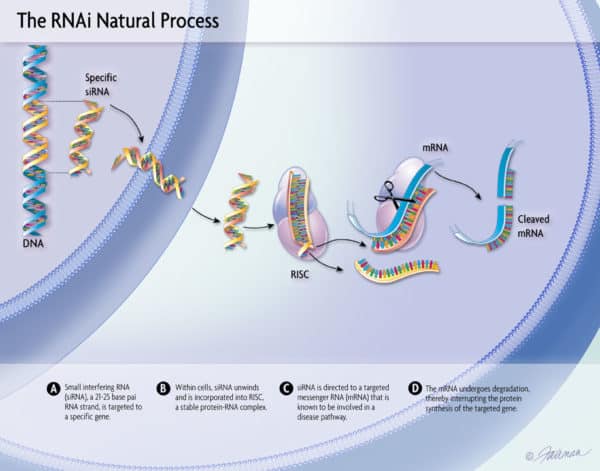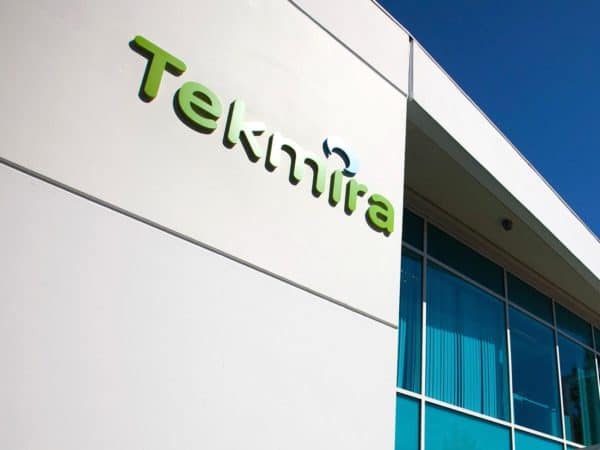

On Tuesday, Tekmira (TSX:TKM) reported its Q1, 2012 results. Revenue of $3.6-million was a dip from the company’s topline of $4.3-million in the first quarter of 2011. The company’s net loss of $3.2-million, however, was in line with Q1, 2011’s net loss of $3.1-million.
Byron Capital’s Douglas Loe says the quarter met his expectations, with the bulk of the company’s revenue coming from the company’s ongoing U.S. government Ebola study. Late in 2010, Tekmira secured a contract for up to (US) $140 million from the U.S. Government to study the effect of RNA interference therapies on the Ebola virus.
Meanwhile, a story that may have been an ongoing drag on Tekmira’s share price last year, a law suit against rival Alnylam Pharmaceuticals, (whom Tekmira sued for misusing trade secrets and confidential information) has flip flopped into a positive with the company’s now partnering, although the suit is not yet resolved.
But the partnership on a multiple pipeline of drugs has already come far enough, Loe says, that he is comfortable ascribing formal revenue forecasts for the short interfering RNA (siRNA) and lipid nanoparticle (LNP) delivery platforms, which he did not assign value to in forecasts prior. In a research update to clients yesterday, Loe maintained his Speculative Buy rating on Tekmira, but upped his target price to $4, from his prior target of $2.25.
Burnaby based Tekmira, which was founded in 2005, is one of a handful of companies in the world developing therapies based on RNA interference, and the company is clearly an early leader in the space.
RNA interference is a process that cells use to silence the activity of specific genes. The process works by blocking the molecular messengers of a a cell, rendering the cell useless.
RNAi has already shown great potential with viruses such as HIV and Hepatitis C. Tekmira has three internal RNA interference product candidates; one to treat hypercholesterolemia, or elevated cholesterol, one for Ebola, and an anti-tumour drug in the treatment of cancer.
Loe says that while the real upside on Tekmira may be a few years off, the picture is being filled in rapidly. He expects that by the second half of 2018, the company will earn $1.43 per share on revenue of $81.4-million. The Byron Healthcare analyst says verticals as diverse as Hypercholesterolemia and Hemophilia could be blockbusters for Tekmira.
Shares of Tekmira closed today up 3.9% to $2.15.
Leave a Reply
You must be logged in to post a comment.







 Share
Share Tweet
Tweet Share
Share




Comment